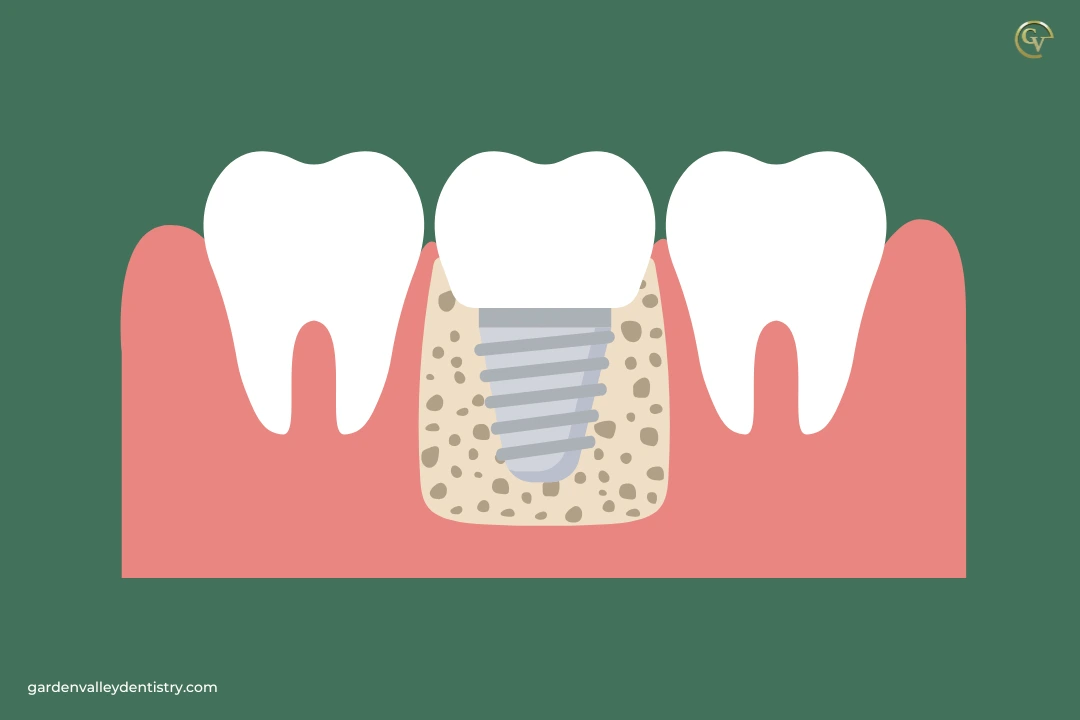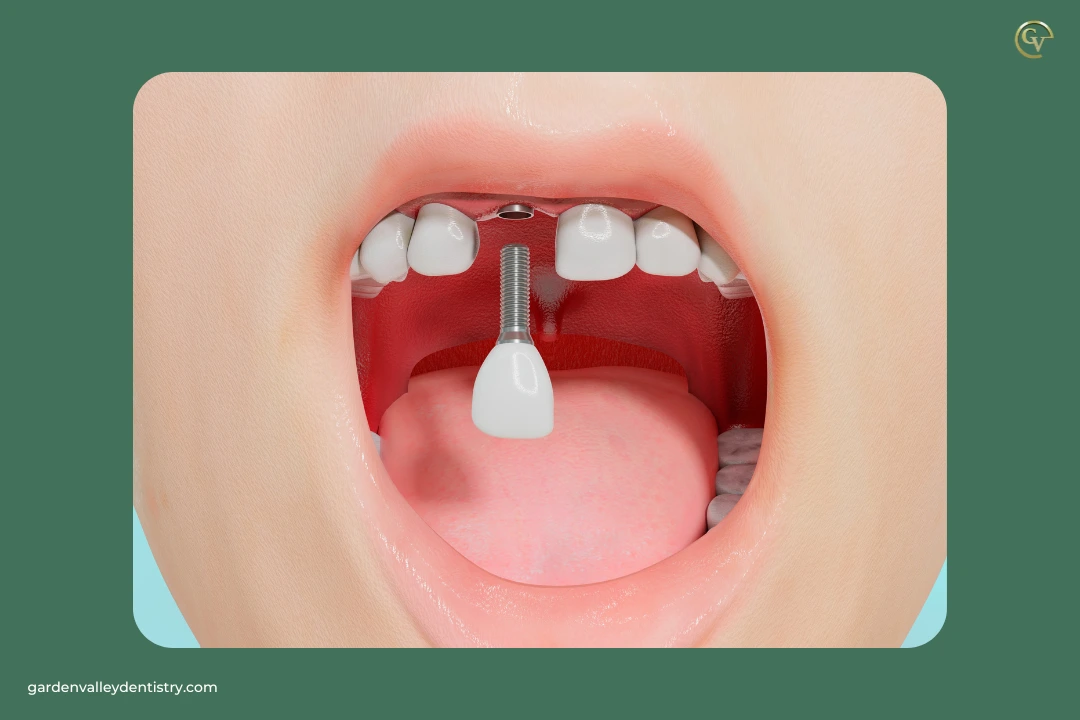
05 Jan Dental Implant Procedures: A Detailed Guide for Patients
Dental implants have become a popular and reliable solution for individuals looking to replace missing teeth. As a dentist, I often encounter patients curious about the procedure and its benefits.
This guide aims to provide an informative, professional, yet friendly overview of dental implant procedures to help you make an informed decision.
What Are Dental Implants?
A dental implant is a small structure post-surgically placed into the jawbone to serve as a replacement for a missing tooth. Once the implant integrates with the bone, it provides a strong foundation for a replacement tooth, such as a crown, bridge, or denture. Dental implants are acknowledged for their durability, natural appearance, and ability to restore functionality.

Who Can Benefit From Dental Implants?
Dental implants are suitable for individuals with one or more missing teeth. To ensure the success of the procedure, candidates should have:
- Adequate jawbone density to support the implant
- Healthy gums free of periodontal disease
- Commitment to good oral hygiene practices
Patients who have experienced bone loss may still qualify for implants with additional procedures like bone grafting.
The Dental Implant Process
- Initial Consultation: During this visit, we assess your oral health, review your medical history, and take X-rays or 3D scans to evaluate bone structure.
- Treatment Planning: Based on the evaluation, we develop a customized treatment plan that outlines the number of implants needed and addresses any preparatory procedures, such as extractions or bone grafting.
- Implant Placement: The implant is surgically placed into the jawbone under local anesthesia. The healing process, known as osseointegration, takes several months, allowing the bone to fuse with the implant.
- Abutment Placement: Once healed, an abutment is attached to the implant. This connector supports the replacement tooth.
- Final Restoration: A custom-made crown, bridge, or denture is secured to the abutment, completing the restoration.

Benefits of Dental Implants
- Improved Appearance: Dental implants look and feel like natural teeth, boosting confidence.
- Enhanced Functionality: Implants restore chewing and speaking abilities without slipping or discomfort.
- Durability: With proper care, implants can last a lifetime.
- Preservation of Jawbone: Implants stimulate the bone, preventing deterioration and maintaining facial structure.
- Convenience: Unlike removable dentures, implants eliminate the need for adhesives or special cleaning routines.
Post-Procedure Care
Maintaining your implants involves regular dental check-ups, proper oral hygiene, and a healthy lifestyle. Avoiding tobacco and excessive alcohol consumption can also contribute to long-term success.
Is It Right for You?
Dental implants are an investment in your oral health and overall well-being. If you’re considering this procedure, schedule a consultation with our dental team to discuss your options.

Sorry, the comment form is closed at this time.